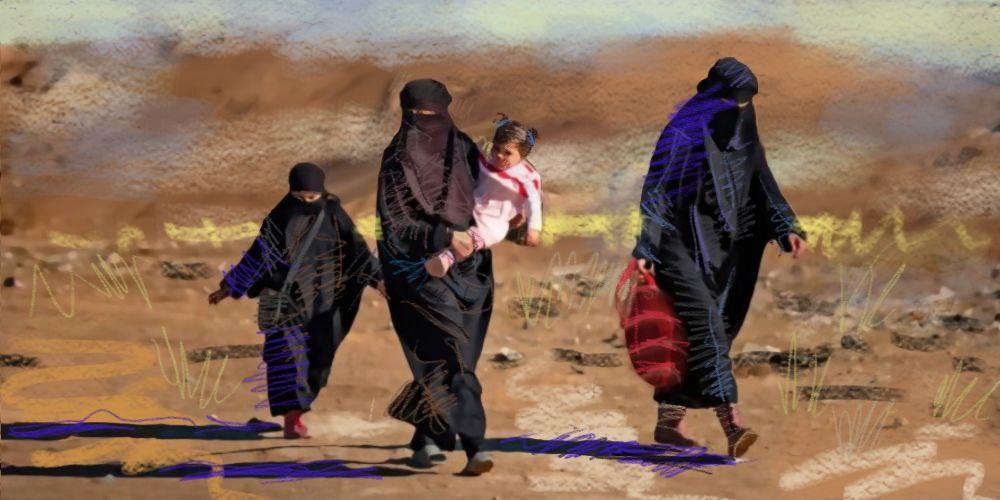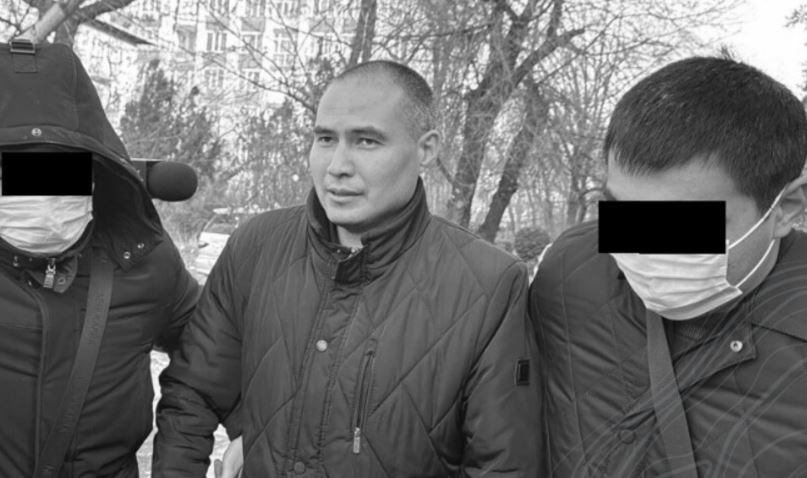UN General Assembly Backs Kazakhstan’s Initiative to Establish UN Center in Almaty
The United Nations General Assembly has unanimously adopted a resolution supporting the establishment of the UN Regional Centre for Sustainable Development Goals (SDGs) for Central Asia and Afghanistan in Almaty. The initiative was put forward by Kazakhstan on behalf of the Central Asian states. According to the Kazakh Foreign Ministry, 152 UN member states co-sponsored the resolution, underscoring its broad international support and high significance. Kazakhstan’s Role in Regional Development The idea to establish the UN SDG Centre was first proposed by Kazakh President Kassym-Jomart Tokayev during the 74th session of the UN General Assembly. He suggested locating the center in Almaty’s new Building of International Organizations, which already hosts 18 UN agencies. Tokayev emphasized that, as the largest economy in Central Asia, Kazakhstan is committed to strengthening regional cooperation and promoting sustainable development. He highlighted the growing role of middle powers in global governance, positioning Kazakhstan as a key player in fostering regional integration and international collaboration. A Hub for Regional Cooperation The new UN SDG Centre will serve as a platform for coordinating international and regional efforts, facilitating best practice exchanges, providing technical assistance, and implementing joint projects. It will work closely with governments, international organizations, the private sector, and civil society to achieve measurable development outcomes. Additionally, the center will play a crucial role in revitalizing the UN system at the regional level. Its mission includes enhancing coordination between UN agencies, adapting global initiatives to regional priorities, and promoting inclusive multilateral cooperation, a goal aligned with ongoing UN reforms aimed at improving efficiency and effectiveness. Supporting Afghanistan’s Economic Stability A key focus of the center will be economic development in Afghanistan, as the country’s stability and prosperity are directly linked to the security and well-being of Central Asia. By addressing Afghanistan’s economic challenges, the center aims to contribute to long-term regional stability and growth.






